The Weapon of the Other: Dalitbahujan Writings and the Remaking of Indian Nationalist Thought
Synopsis
In `The Weapon of the Other' Kancha Ilaiah contends that since colonial times, Hindu religious texts, which were read only by a small minority of upper-caste leaders, have been projected as sources of Indian nationalist thought while the Buddhist scriptures, the Bible and the Quran, whose readers were far more numerous, are relegated to the periphery of discussions about nationalism. He explores the possibility of examining Indian nationalism from an altogether different perspective, i.e., from the point of view of the Dalitbahujans of India and examines in detail the political core of liberatory ideas expounded by Gautam Buddha as well as modern thinker-activists like Ambedkar, Phule and Periyar. He also foregrounds a marginalized tradition of Dalitbahujan writings, thus providing an alternative textual source for developing nationalist thought.
The theme of the book is moulded by narratives of lives, struggles and marginalization of writers who produced these works. In contrast with the spiritualistic texts employed by the upper-caste intelligentsia, the philosophical contours of these texts were shaped by productive culture, ethics and philosophy, as well as the native common sense of the `organic intellectuals', the Dalitbahujan writers, thinkers and activists. The book calls for a paradigm shift in our thinking about nationalism as it asserts that a broad-based nationalist thought can only be built upon efforts, material and literary, of the toiling masses of this nation.
Interrogating popular notions about nation, nationalist thought and nation-building, this book will inspire a new generation of scholars, activists and public intellectuals.
Read more
The theme of the book is moulded by narratives of lives, struggles and marginalization of writers who produced these works. In contrast with the spiritualistic texts employed by the upper-caste intelligentsia, the philosophical contours of these texts were shaped by productive culture, ethics and philosophy, as well as the native common sense of the `organic intellectuals', the Dalitbahujan writers, thinkers and activists. The book calls for a paradigm shift in our thinking about nationalism as it asserts that a broad-based nationalist thought can only be built upon efforts, material and literary, of the toiling masses of this nation.
Interrogating popular notions about nation, nationalist thought and nation-building, this book will inspire a new generation of scholars, activists and public intellectuals.
56.70
51.03
$
63.00 $
Free delivery Wolrdwidе in 10-18 days
Ships in 1-2 days from New Delhi
Membership for 1 Year $35.00
Get it now and save 10%
Get it now and save 10%
BECOME A MEMBER


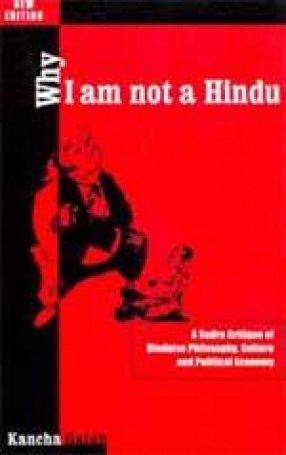
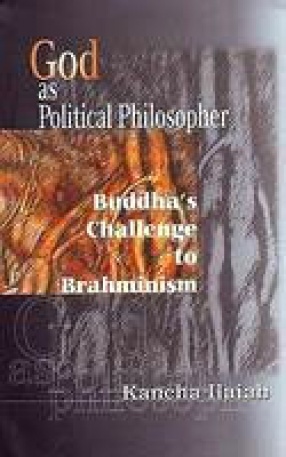

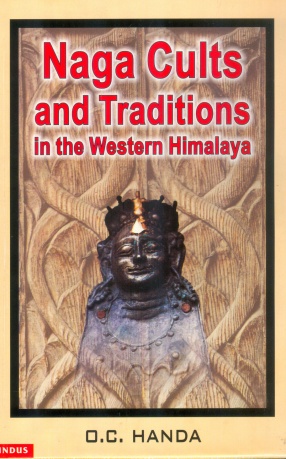
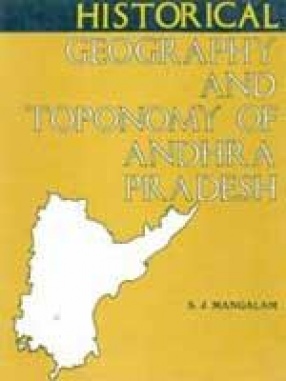
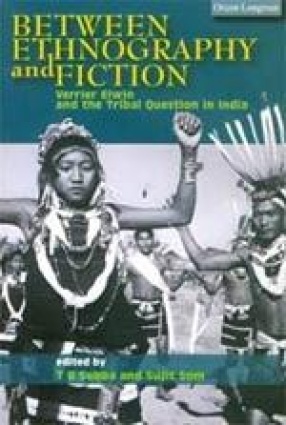

Bibliographic information